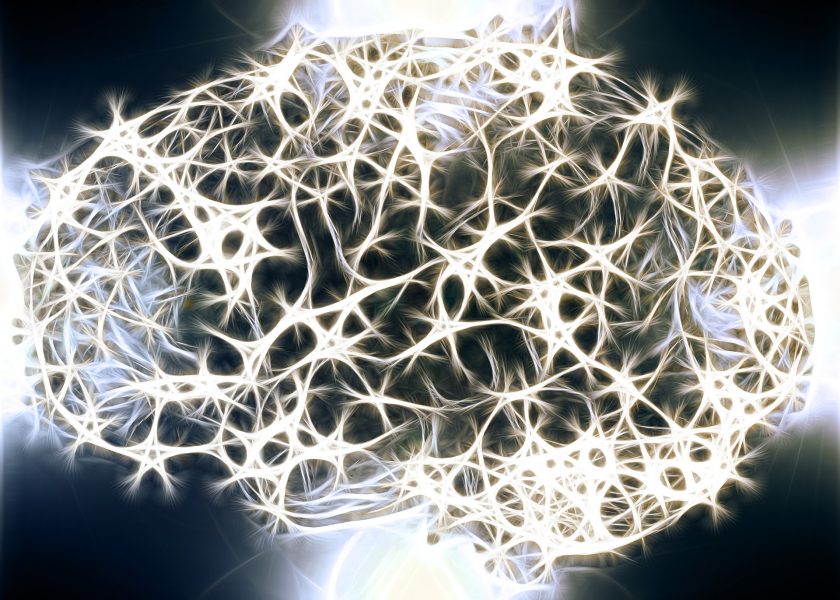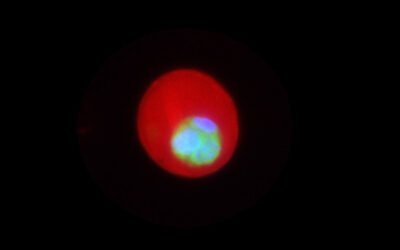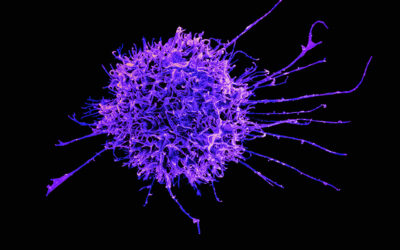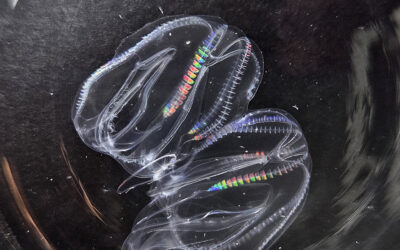Accurate and viable modeling of neuronal cell biology is essential for a better understanding of the normal physiology and pathology of developmental and degenerative neuronal disorders. Recent progress in induced pluripotent stem cell (iPSC) technology has created opportunities for development of robust cell-based models that can transform the face of human neurobiology.
Over the years, the field has significantly evolved in the development of methods for differentiating iPSCs to neurons or neural precursors. However, most of these protocols have the disadvantage of either efficiency, scalability, time, or cost. Recently, Fernandopulle et al. from the laboratory of Michael Ward at the National Institute of Neurological Disorders and Stroke have developed efficient, inexpensive, and scalable techniques to culture and genetically engineer iPSC lines for differentiation into cortical (i3Neurons) and lower motor neurons (i3LMNs) using integrated doxycycline-inducible transcription factor cassettes. The set of protocols, published in the latest issue of Current Protocols in Cell Biology, offer substantial improvement over other existing iPSC-to-neuron differentiation strategies. The described techniques can be adopted by a wide range of laboratories since these mostly require only basic laboratory instrumentation and reagents, and can be completed without any specific training beyond mammalian cell culture proficiency.
To find out more, please read Fernandopulle, M. S., Prestil, R., Grunseich, C., Wang, C., Gan, L., & Ward, M. E. (2018). Transcription-factor mediated differentiation of human iPSCs into neurons. Current Protocols in Cell Biology, 79, e51. doi: 10.1002/cpcb.51

















